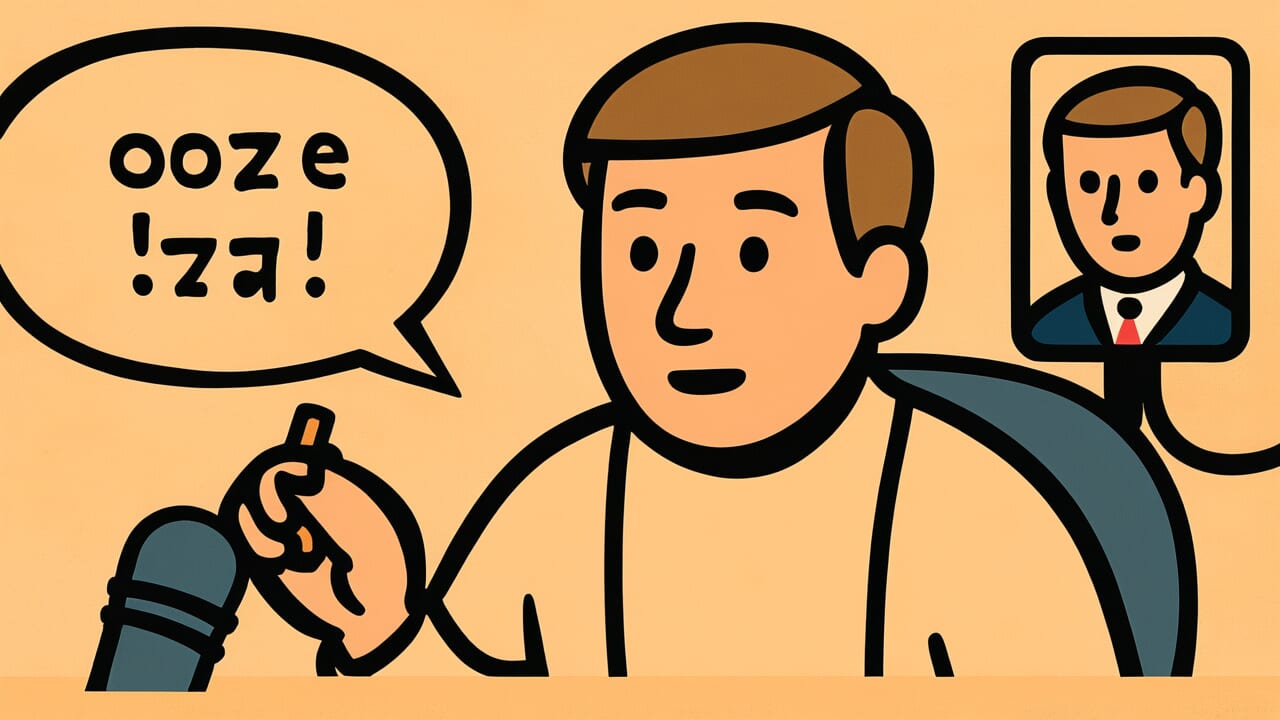How to Read “True words are not always fine words”
True words are not always fine words
[troo wurdz ar not AWL-wayz fahyn wurdz]
All words use common pronunciation.
Meaning of “True words are not always fine words”
Simply put, this proverb means that honest statements often sound plain or harsh rather than beautiful or pleasing.
The literal words contrast “true” with “fine.” True words tell us what really happened or what someone really thinks. Fine words sound elegant, polished, or flattering. The proverb points out that these two qualities don’t always go together. Sometimes the most honest thing to say sounds rough or simple.
We use this wisdom when someone delivers news without sugar-coating it. A doctor might give you medical facts in plain language instead of fancy terms. A friend might tell you the truth about your behavior without making it sound nice. Your boss might explain a problem at work using direct words instead of corporate speak. These honest communications serve us better than pretty lies.
People often realize this proverb reveals something important about communication. We sometimes prefer hearing uncomfortable truths over comfortable lies. Plain speaking can show more respect than fancy language that hides the real message. When someone uses simple, direct words to tell us something important, they’re often giving us a gift of honesty.
Origin and Etymology
The exact origin of this specific phrasing is unknown, though the concept appears in various forms throughout history.
This type of saying became important during times when people valued direct communication over flowery speech. Many cultures developed similar wisdom about the difference between honest talk and decorative language. The contrast between truth and eloquence has been a concern for speakers and listeners across different societies.
The saying likely spread through communities where plain speaking was valued over fancy rhetoric. Over time, it became a way to remind people that the most important messages don’t need beautiful packaging. The proverb reached modern usage as a reminder to look past the style of communication to find its substance.
Interesting Facts
The word “fine” in this context comes from Old French meaning “refined” or “delicate,” not just “good.” This creates a contrast between refined, polished speech and simple, direct communication.
The proverb uses parallel structure with “true words” and “fine words,” making it easier to remember. This balanced phrasing is common in traditional sayings because it helps the wisdom stick in people’s minds.
Usage Examples
- Doctor to patient: “You need to lose weight immediately or risk serious health problems – true words are not always fine words.”
- Manager to employee: “Your presentation was poorly prepared and unprofessional – true words are not always fine words.”
Universal Wisdom
This proverb touches on a fundamental tension in human communication between truth-telling and social harmony. Throughout history, people have struggled with when to speak directly and when to soften their words. This creates a constant balancing act in our relationships and communities.
The wisdom reveals something deep about how our minds work. We often want to hear the truth, but we also want to feel good about ourselves and our situations. When someone gives us honest feedback in plain language, part of us appreciates their directness while another part wishes they had made it sound better. This internal conflict explains why we sometimes avoid people who always tell us exactly what they think.
The proverb also shows why societies need both types of communicators. Some people excel at delivering hard truths in simple terms. Others specialize in making difficult messages easier to accept. Both serve important purposes, but this saying reminds us not to mistake beautiful packaging for valuable content. The most crucial information often comes wrapped in ordinary words because the speaker cares more about being understood than sounding impressive. This pattern persists because survival and success often depend on getting accurate information, even when that information doesn’t make us feel good about ourselves.
When AI Hears This
Humans have a strange mental trick when judging information. They automatically assume fancy words mean smart ideas. Plain speech sounds less trustworthy to most people. This happens even when the simple statement is completely accurate. People treat elegant lies as more believable than ugly truths.
This pattern reveals something fascinating about human thinking. The brain uses shortcuts to decide what sounds credible. Beautiful packaging tricks people into thinking the contents are valuable. Humans evolved to trust confident, polished speakers over nervous truth-tellers. This mental habit worked well in small tribes long ago.
What amazes me is how this flaw actually helps humans survive. Harsh truths can destroy relationships and communities if shared carelessly. People who wrap difficult news in gentle words keep their social bonds strong. Sometimes protecting feelings matters more than perfect accuracy. This creates a beautiful balance between honesty and kindness.
Lessons for Today
Understanding this wisdom helps us become better at both giving and receiving honest communication. When we need to share difficult news or feedback, we can focus on clarity rather than worrying about making our words sound perfect. Sometimes the kindest thing we can do is speak plainly, even if our message sounds harsh at first.
In relationships, this insight helps us value friends and family members who tell us the truth in simple terms. These people might not always say what we want to hear, but they respect us enough to be direct. Learning to appreciate plain-spoken honesty can strengthen our connections with others and help us make better decisions based on accurate information.
For groups and communities, this wisdom suggests that effective leadership often involves clear, straightforward communication rather than impressive speeches. Organizations benefit when people can discuss problems and solutions without dressing up their language. The most productive meetings and conversations often happen when everyone agrees to speak plainly about what’s really going on, even if the truth sounds less elegant than everyone hoped.



Comments